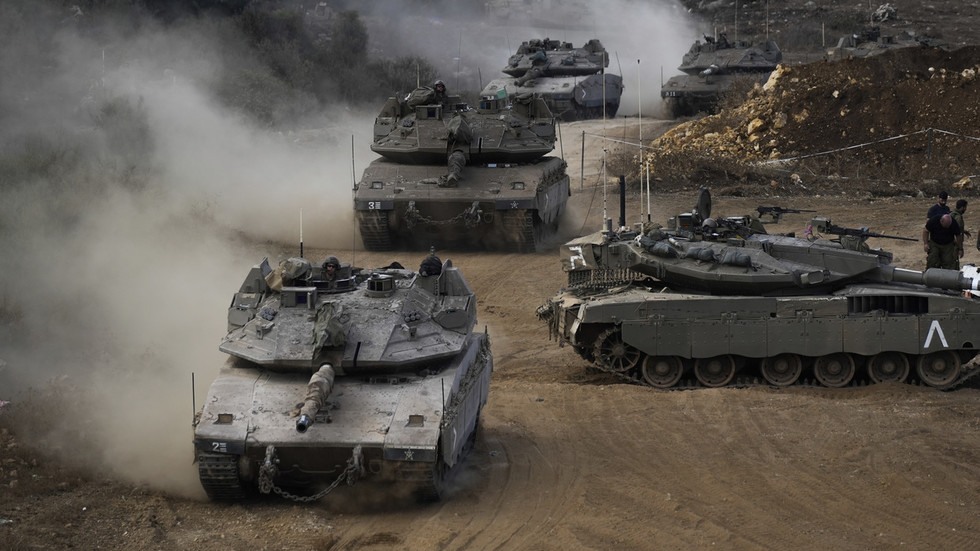Business|Why the Conflict Between Iran and Israel Has Raised Oil Prices Only Modestly
https://www.nytimes.com/2024/10/02/business/iran-israel-oil-prices.html
The fighting is increasing fears about oil supplies, but those worries are offset by greater global production and slowing demand in China.
The barrage of missiles that Iran fired at Israel overnight on Tuesday continued to lift oil prices on Wednesday, as investors worried that a wider conflict in the Middle East could disrupt global supplies.
Brent crude, the international benchmark, rose to nearly $76 a barrel on Wednesday, extending gains from the previous day. Before the missile attack, oil was trading at just above $71 a barrel.
The intensifying fighting between Israel and Iran and its proxies, especially Hezbollah in Lebanon, is increasing fears about the oil market, but so far those worries are still being outweighed by factors like weak demand in China and increased oil production in the United States and elsewhere.
Traders are also aware that after a year of conflict in the Middle East, there has been little disruption to supplies. Oil prices had been falling steadily in recent months, from above $90 a barrel earlier in the year.
But the threat is growing. Israel, for instance, could attack Iran’s main oil export terminal on Kharg Island in the Persian Gulf, with the aim of denying the country oil revenue.
Iran is a sizable oil producer, pumping about two million barrels a day, or about 2 percent of world supply.
Sanctions limit Iran’s production and restrict sales to countries like China. Still, the loss of Iranian supplies would have an effect.
“China would feel the impact of any disruption most directly,” said Richard Bronze, head of geopolitics at Energy Aspects, a research firm. “But any significant loss of Iranian supply would be felt in the wider market, as Chinese buyers would need to find alternative supplies, increasing competition and pushing up prices.”
Iranian attacks on oil installations in nearby states like Saudi Arabia and the United Arab Emirates would be of greater concern, said Helima Croft, an analyst at RBC Capital Markets, an investment bank.
“Iran and its proxies could potentially target energy operations in other parts of the region in order to internationalize the cost if the current crisis devolves into an all-out war,” she wrote in a note.
So far, the diplomatic rapprochement reached between Iran and Saudi Arabia in 2023 seems to be helping to stave off such drastic actions.
Stanley Reed reports on energy, the environment and the Middle East from London. He has been a journalist for more than four decades. More about Stanley Reed

 By The New York Times (World News) | Created at 2024-10-02 12:15:07 | Updated at 2024-10-02 14:21:06
2 hours ago
By The New York Times (World News) | Created at 2024-10-02 12:15:07 | Updated at 2024-10-02 14:21:06
2 hours ago




